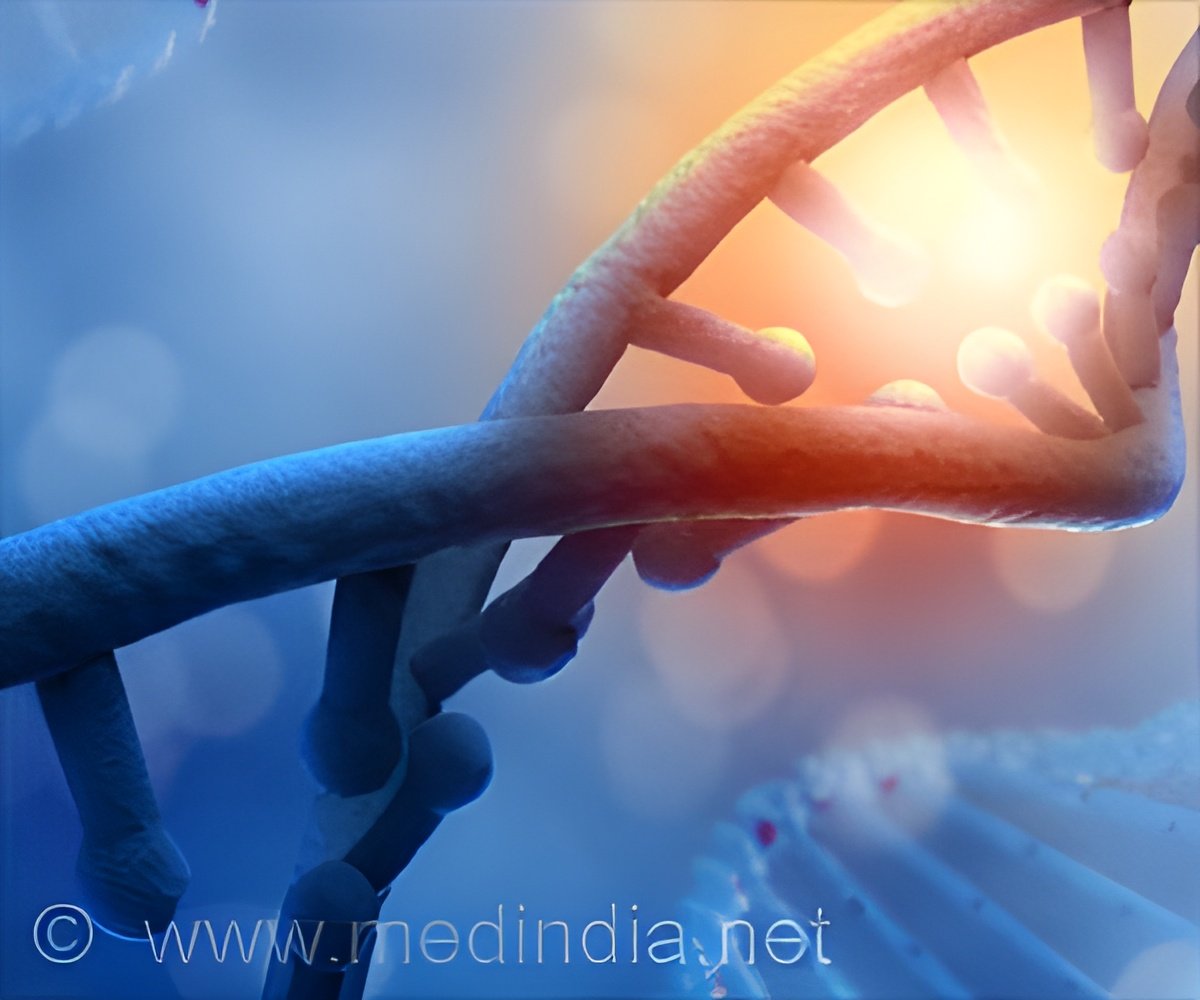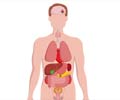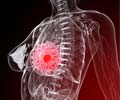New type of gene mutation discovered can ultimately reduce fear and anxiety, and increase social interaction, reveals a new study.

‘New type of gene mutation discovered can ultimately reduce fear and anxiety, and increase social interaction. However, the striking effect of P4h-tm gene knockout on the emotional reactions can one day help in developing novel antianxiety and antidepressant drugs.’
Read More..




A team of researchers employed gene manipulation technology to remove the P4h-tm gene from the mouse genome and found an unexpected change in mouse behavior. P4h-tm knockout mice showed striking courage and a lack of learned helplessness compared to congenic wild-type mice with a functional P4h-tm gene. Read More..
The research team assessed the mice with a large behavioral test battery that included a novel type of test for the panic reaction. The mice were placed in an air-tight box that was first filled up with regular room air, then with 10 percent carbon dioxide. An elevated concentration of carbon dioxide induces an innate freezing reaction that is thought to resemble the feeling of suffocation in patients suffering from panic attacks. P4h-tm knockout mice displayed substantially less freezing than control mice in response to carbon dioxide exposure.
In tests for social interaction, P4h-tm knockout mice made clearly more contact with another mouse than the controls. In addition, behavioral tests routinely used for screening antianxiety and antidepressant drugs revealed reduced fear, anxiety and learned helplessness in P4h-tm knockout mice. Further, the study found a connection between brain anatomy and the behavioral phenotype: the expression of the P4h-tm gene was especially high in the amygdala that plays a key role in controlling emotional reactions, including fear and anxiety.
The P4h-tm gene accounts for the transcription of the P4H-TM protein. This protein belongs to the family of prolyl-4-hydroxylases that play a pivotal role in the cellular adaptation to a sudden lack of oxygen. However, the P4H-TM protein differs from other prolyl-4-hydroxylases in both its structure and unusual location (endoplasmic reticulum). The physiological role of the P4H-TM protein remains elusive despite years of intensive research, but it is assumed to have other effects on cellular biology besides adaptation to varying oxygen levels.
The research team also tested the inactivation of three other known prolyl-4-hydroxylases in separate mouse lines. These mice did not show abnormal behavior in the above-mentioned tests.
Advertisement
"We could best find an answer to this question by using conditional gene inactivation in which the gene could be turned off at any desired age," Dr. Henri Leinonen, the first author of the article, concludes.
Advertisement
Although the striking effect of P4h-tm gene knockout on the emotional reactions of mice is still far away from the therapeutic application, it can before long lead to the discovery of neurochemical mechanisms that regulate emotions, and can help to develop novel antianxiety and antidepressant drugs. Anxiety disorders and depression are a huge global problem. According to the World Health Organization (WHO), almost 300 million individuals worldwide suffer from anxiety disorders, and over 300 million suffer from depression.
Source-Eurekalert















